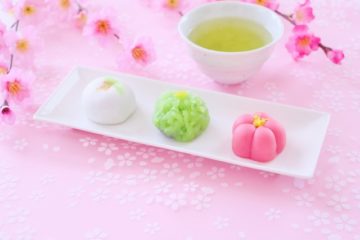Table of Contents
How to say “I” in your language?
In English, there is only one way to say.
The funny thing about Japanese is there are plenty of ways of saying that.
If you have ever watched anime in Japanese, you probably noticed that each character, especially men, calls themselves in their own ways.
It is very confusing for non-Japanese speakers.
This very basic simple word “I” should be used differently depending on the situation.
Here, I would like to explain which word to be used in which situation.
Personal pronoun in Japan
Before we jump into which personal pronoun is appropriate, let me explain the overview of personal pronouns in Japanese.
First of all, we rarely use personal pronouns.
This would be the most tricky point for Japanese learners.
When Japanese people speak, they skip personal pronouns mostly.
If I rate the frequency of using personal pronouns in sentences,
Skip personal pronouns 60%
Call their names instead of “you, he, she, they” 30%
First person pronoun 10%
First person pronoun
In English, “I” comes at the beginning of sentences and people rarely skip except in a casual conversation.
In Japanese, regardless of the situation, people skip “I”.
The only case they would use “I” is when they want to emphasize their opinions, such as “I think” “In my opinion” “…but, I…”
Second person pronoun
In English, same as “I”, “you” would be the most frequently used word.
In Japanese, people never use “you” in their conversations.
Instead, people call their names.
If you are not good at memorizing people’s names, you will be in big trouble in Japan.
Third person pronoun
If you studied Japanese, you probably know that “he/she” in Japanese is “彼は/彼女は”, which are correct.
However, when Japanese people use “彼は/彼女は”, they would use them in a different meaning, which is boyfriend/girlfriend.
When you want to use “he/she” in Japanese, it is better to call their names instead, like “you”.
3 Male Personal Pronouns
There are 3 ways for men to say “I” in Japanese.
-watashi 私
-boku 僕
-ore 俺
Watashi is the most basic one and both males and females can use it.
You can use it in the workplace and in daily conversation.
Boku is more casual than watashi but still men would use it at the workplace too.
When you speak to your clients, it is safer to use “watashi” instead, but to your colleagues and your boss, you can use boku as well.
Ore is the most casual one so you can use it only on casual occasions.
The nuance of these 3 personal pronouns is hard to get for non-japanese speakers.
Usually, Japanese men fix which personal pronoun they use.
The below video is one scene from “Your Name (君の名は)”.
In this movie, this boy and a girl switch their body with each other.
So this boy is actually a girl inside.
When she is talking with the boy’s friends, she is being suspicious of them because she doesn’t know which personal pronouns he is using usually, and uses different personal pronouns.
This is why your Japanese doesn’t sound like native speakers
The gap between the actual language skill and pronoun
The first personal pronoun foreign people would learn is “watashi”, so if you use “ore”, it sounds like your Japanese level is the advanced level.
However, if your Japanese level is a beginner and you use “ore”, it does not match your level and sounds a bit weird.
Too much personal pronoun
If you are not sure which to use, no need to use personal pronouns at all.
Japanese people don’t use them anyway, so not using personal pronouns is better than using them too much.



0 Comments